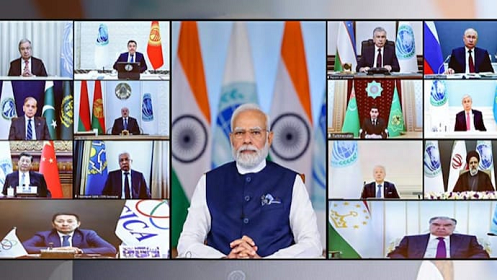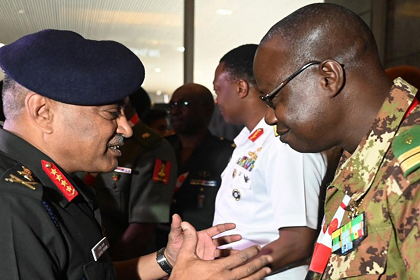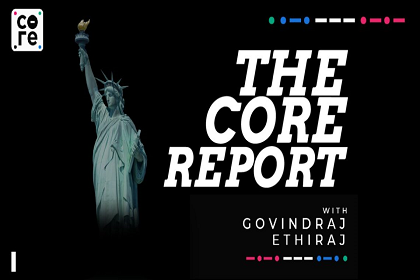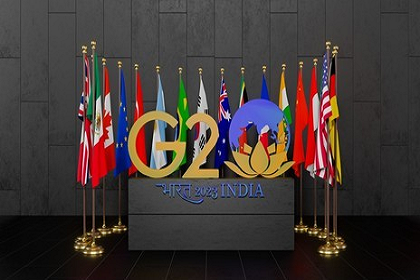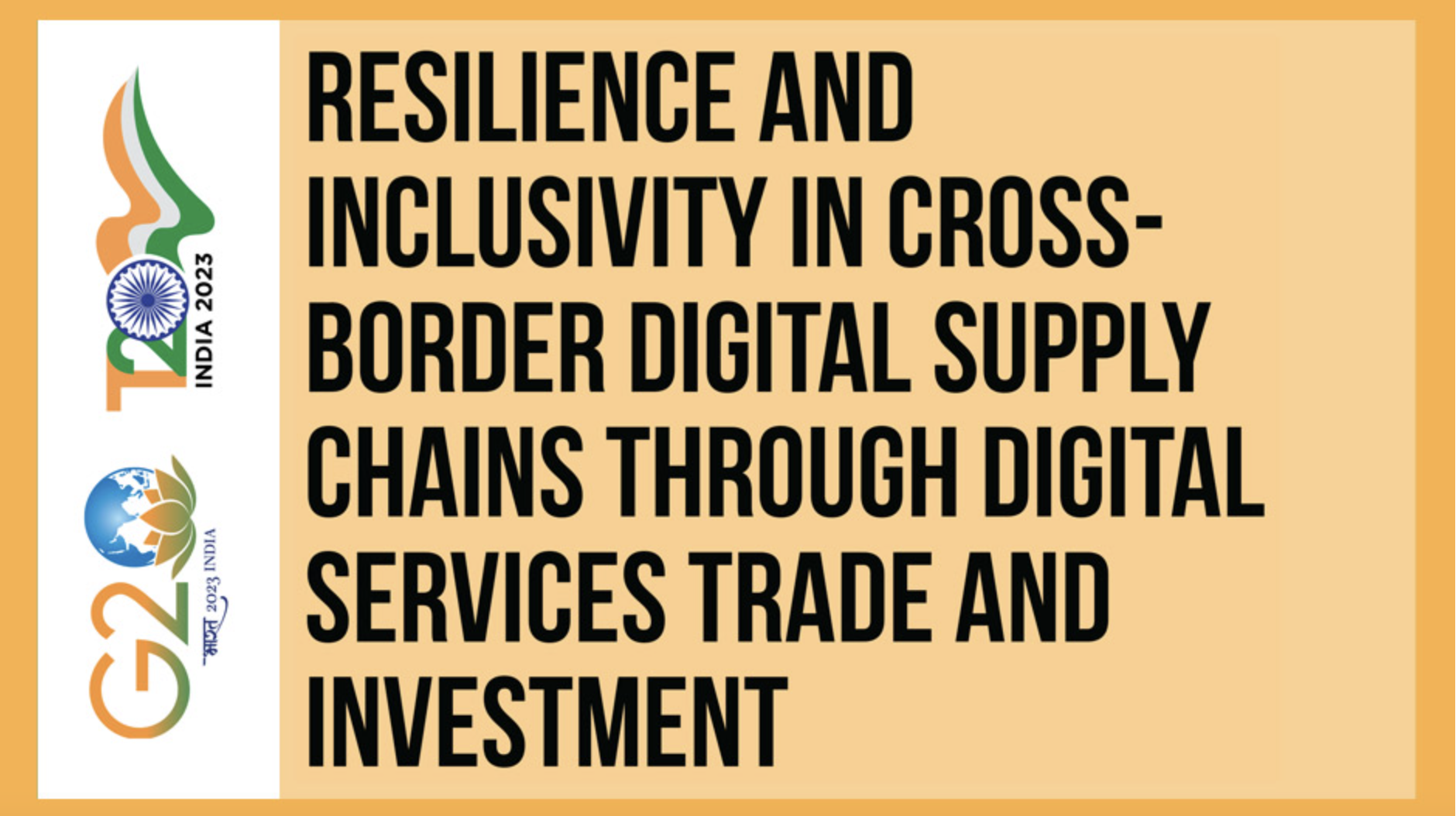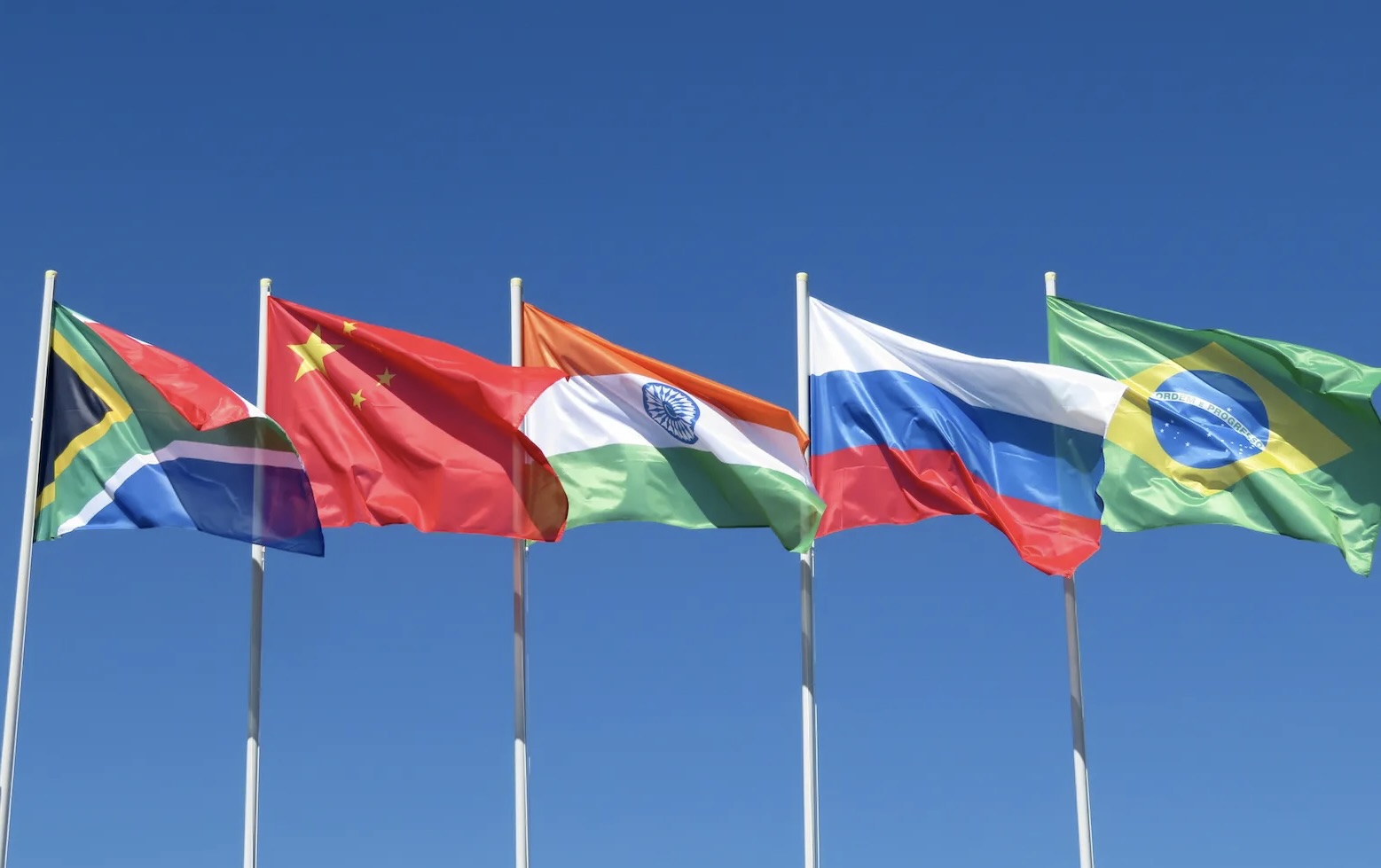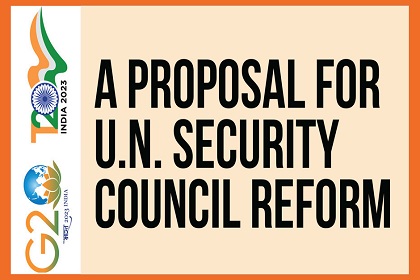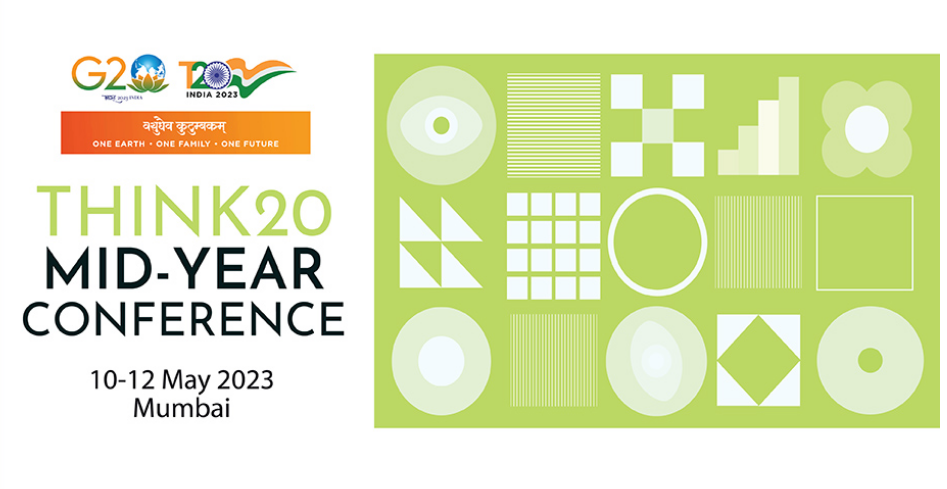SCO Summit: Same old, some new
The Shanghai Cooperation Organisation's growing importance is seen in the numerous new applicants waiting in line for membership. The 23rd SCO Summit hosted by India on July 4 saw progress in areas like digital transformation and economic cooperation. However, timidity in acting on foundational issues like anti-terrorism reflects the internal contradictions and tensions within member states - a continuing challenge for SCO.

